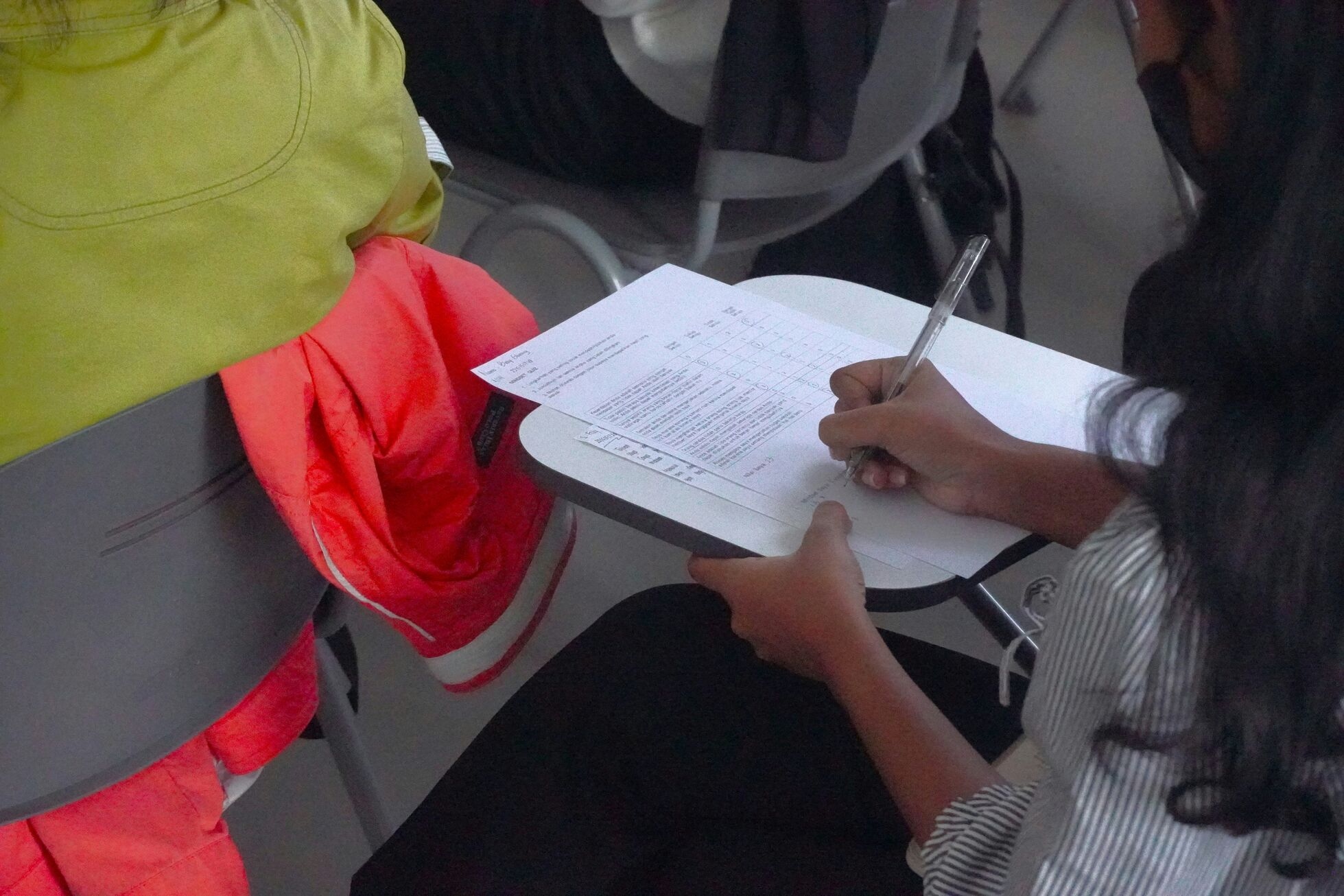Preparing for the Optometry Admission Test requires more than casual review. Students on forums like Reddit often admit they underestimated the exam until practice scores revealed major content gaps. The most successful test takers use structured study plans, high-yield content review, and realistic practice testing with trusted resources like OAT Bootcamp. The following ten tips reflect proven strategies that help applicants improve their scores and feel confident on test day.
1. Understand the OAT Format Before You Start Studying
The OAT evaluates biology, general chemistry, organic chemistry, physics, reading comprehension, and quantitative reasoning. Each subject has specific time constraints and question styles that often surprise students. Physics and organic chemistry are frequently considered the most difficult due to limited recent exposure, while reading comprehension challenges students with time pressure and dense passages.
OAT Bootcamp provides section overviews, exam-like practice tests, and study plans designed around actual exam content. Compared to Kaplan or Princeton Review, Bootcamp’s structure helps students cut low-yield review time and focus on the highest-impact topics.
2. Use Active Recall and OAT Mnemonics to Retain Content
Memorization-based sections like biology and general chemistry require active recall, not passive reading. Students who rely on highlighting or rereading often forget the material within days. Using OAT mnemonics helps retain pathways, hormones, cellular components, and biological processes more efficiently.
Bootcamp’s spaced repetition system reinforces recall through timed review cycles. Many Reddit users note that self-made flashcards or scattered Quizlet decks wasted time compared to Bootcamp’s organized review approach.
3. Strengthen Biology Early, Especially High-Yield Physiology Topics
Biology is the largest section of the exam, and physiology questions appear frequently. Topics such as digestive enzymes, metabolism, immune system function, and developmental biology are common. Students often assume prior coursework will carry them through this section, only to realize their recall has faded.
Bootcamp’s biology notes, videos, and question banks cover relevant content without overwhelming students. Traditional textbooks and outdated review notes tend to include unnecessary material that does not match OAT difficulty.
4. Use the Right Resources to Learn Physics Effectively
Physics is a major pain point for many students. It is common for practice exam scores to start in the teens without focused review. High performers typically use clear, exam-based instruction rather than trying to learn solely from lecture slides.
Many students credit Chad’s physics videos for helping them rebuild their foundation in a way that matches the exam. Others rely on Bootcamp’s structured physics sets to repeatedly apply formulas and concepts. Students who successfully tackle physics do so by practicing exam-style problem solving instead of relearning full semesters of theory. Kaplan’s physics material is often described as too long-winded, while Princeton Review may oversimplify complex topics.
5. Learn to Identify Keywords Quickly in Reading Comprehension
Reading comprehension is not a test of how thoroughly a student can read. It measures how quickly they can locate important information. Students who try to read every word often run out of time. Developing strategies to scan for keywords improves accuracy.
Some test takers report that learning words to recognize on the OAT helped refine their keyword-based approach. Although the exam is different, the underlying strategy is similar. Bootcamp’s reading practice exams reinforce the use of keyword searches, passage structure recognition, and answer elimination methods.
Words to Recognize on the OAT Reading Section
- Yet
- But
- Nevertheless
- However
- Although
- Despite
- In contrast
- Nonetheless
- Even though
- Also
- Additionally
- Furthermore
- In addition to
- Plus
- Clearly
- Therefore
- Thus
- In summary
- In conclusion
- Crucial
- Most importantly
- Key
- Especially
- Primarily
- In particular
- Strangely
- Interestingly
- Notably
6. Follow a Structured Study Plan That Fits the Test Timeline
Most students need three to four months of consistent preparation. Condensing everything into a few weeks is typically only successful for students with very recent coursework and strong recall. Consistency outweighs long isolated study blocks.
OAT Bootcamp provides realistic study calendars that many students follow closely. Reddit test takers report that Bootcamp’s day-by-day task lists feel more manageable than overly broad study schedules from other publishers. Built-in checkpoints and review sessions help prevent burnout and missed topics.
7. Take Full-Length Practice Exams and Review Errors Thoroughly
Timed practice exams reveal how knowledge holds up over multiple sections. Many students score lower on their first simulation than expected because of test fatigue or timing mistakes. Taking two or three full-length exams in the final month can dramatically improve test readiness.
Strong scorers do not stop after completing a practice test. They rework missed questions, analyze patterns, and revisit weak topics. Bootcamp’s analytics track performance by subject and subtopic, which is more informative than PDF practice sets without feedback. Many users say that Kaplan and Princeton Review practice questions feel less representative of actual test wording.
8. Use Targeted Resources for Chemistry and Organic Chemistry
General and organic chemistry sections require both memory and reasoning under time pressure. Books alone often lack enough high-quality practice problems. Bootcamp offers question banks and explanations tailored to OAT exam trends.
High-yield content includes reaction mechanisms, acid base chemistry, functional groups, and lab procedures. Using OAT mnemonics helps with reaction recall and reagent recognition. Traditional resources cover entire semesters, which can overwhelm students with unnecessary detail.
9. Train for the Quantitative Reasoning Section with Time Pressure
Quantitative reasoning tests algebra, applied math, data interpretation, and problem translation. Students often struggle due to long gaps since their last math class. Timed practice is essential for improving accuracy under pressure.
Bootcamp’s QR sets come with step-by-step solutions that help students review their approach instead of guessing. Alternative resources frequently provide problems without explanations, leaving students unsure how they arrived at incorrect answers. Reworking missed questions weekly helps build speed and confidence.
10. Develop Test-Day Stamina with Simulated Practice
Mental fatigue plays a major role in performance. The OAT requires focus across several consecutive sections with limited break time. Many students discover during their first full simulation that pacing and endurance affect their score more than expected.
Bootcamp’s full-length exams mirror the layout and interface of the actual test. Practicing in this environment helps students manage breaks, answer review timing, and overall pacing more effectively than PDF-based or partial practice sets.
Get everything you need in one place. Start studying today for free.

















